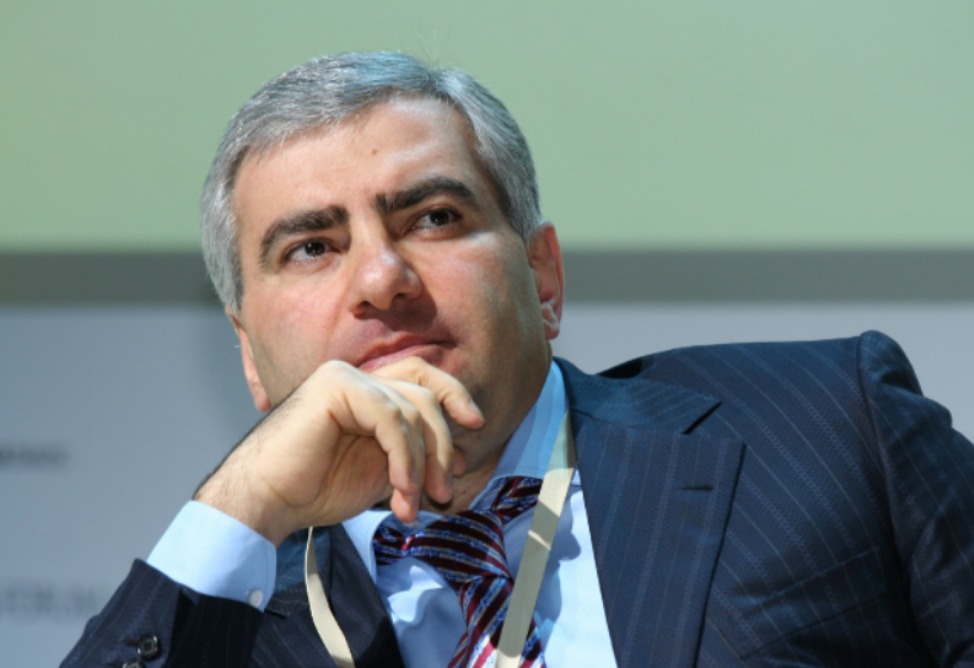Report: Armenian economy remains highly dependent on individual money transfers
18.04.2012,
20:27
Armenian economy’s dependence on individual money transfers has not abated for the recent five years, Manuk Yerghnyan, head of the Economy and Values research center said Wednesday while presenting the center’s National Competitiveness Report for 21011 and 2012 at a news conference.

YEREVAN, APRIL 18. /ARKA/. Armenian economy’s dependence on individual money transfers has not abated for the recent five years, Manuk Yerghnyan, head of the Economy and Values research center said Wednesday while presenting the center’s National Competitiveness Report for 21011 and 2012 at a news conference.
As the report says referring to official figures that individual transfers account for 10% of households’ income, but some experts say the share is far bigger.
“Despite minimal and median salary sizes have increased since 2005, the share of individual transfers in households has been growing as the salary income share has been reducing,” Yerghnyan said.
He said that the center’s experts have also analyzed Armenia’s dependence on individual transfers in comparison with 20 countries where this indicator is high as well.
Armenia’s dependence on individual transfers from the outside is stronger than that in Bangladesh, Philippines, Moldova, Nicaragua, Zambia, Kyrgyzstan, Tajikistan, Honduras, Jamaica, Haiti, Samoa and Lesotho though these countries dependence degree have subsided since 2005, while in Armenia it has remained unchanged.
According to the central bank’s data, Armenia’s residents received $1547 million in 2011 – 19.6% year-on-year growth.
The fourth National Competitiveness Report provides a thorough analysis of the steps taken since 2005 to strengthen Armenia’s competitiveness and private companies’ management experience.
The aim of the report is to establish interaction between the government and the private sector and to provide assistance in elaboration of management improvement mechanisms for enhancing the country’s productivity competitiveness.
Economy and Values center composed this report in cooperation with E-V Consulting and under support from USAID, GIZ (German Society for International Cooperation), Germany’s Economic Cooperation Ministry (BMZ), National Competitiveness Foundation of Armenia, VivaCell MTS mobile telecommunication operator and STAR chain of supermarkets. M.V.-0---



